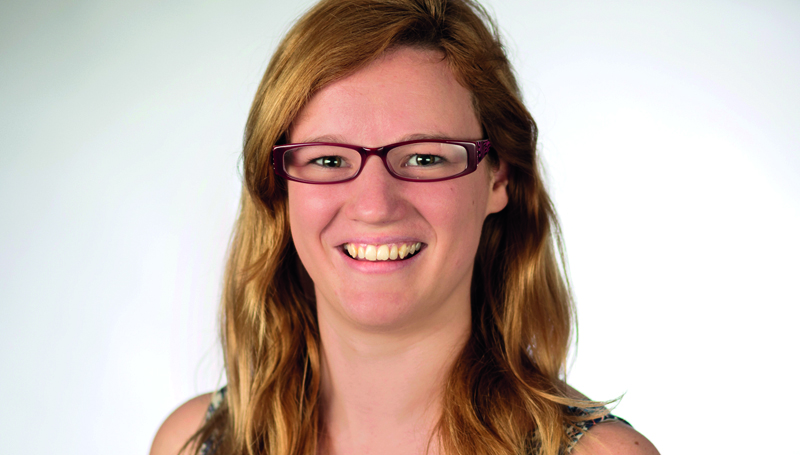
 Having degree-qualified staff is seen as important in early years settings across the world. Multiple studies have made links between higher-qualified staff and better children’s outcomes. Findings from the Effective Provision of Pre-School Education study show that attending a high-quality childcare setting has a positive impact throughout school, increasing the likelihood of achieving five or more good GCSEs by nearly 20 per cent compared with those children attending low-quality settings.
Having degree-qualified staff is seen as important in early years settings across the world. Multiple studies have made links between higher-qualified staff and better children’s outcomes. Findings from the Effective Provision of Pre-School Education study show that attending a high-quality childcare setting has a positive impact throughout school, increasing the likelihood of achieving five or more good GCSEs by nearly 20 per cent compared with those children attending low-quality settings.
 Yet very little is known about what early years degrees comprise. What topics do they cover? Is significant work experience built in? Do students who complete an early years degree actually go on to work in the sector? There has not been enough evidence on all of these things, and this hinders establishing the much-needed long-term commitment for graduate staff in all early years settings.
Yet very little is known about what early years degrees comprise. What topics do they cover? Is significant work experience built in? Do students who complete an early years degree actually go on to work in the sector? There has not been enough evidence on all of these things, and this hinders establishing the much-needed long-term commitment for graduate staff in all early years settings.
Register now to continue reading
Thank you for visiting Nursery World and making use of our archive of more than 35,000 expert features, subject guides, case studies and policy updates. Why not register today and enjoy the following great benefits:
What's included
-
Free access to 4 subscriber-only articles per month
-
Unlimited access to news and opinion
-
Email newsletter providing activity ideas, best practice and breaking news
Already have an account? Sign in here
